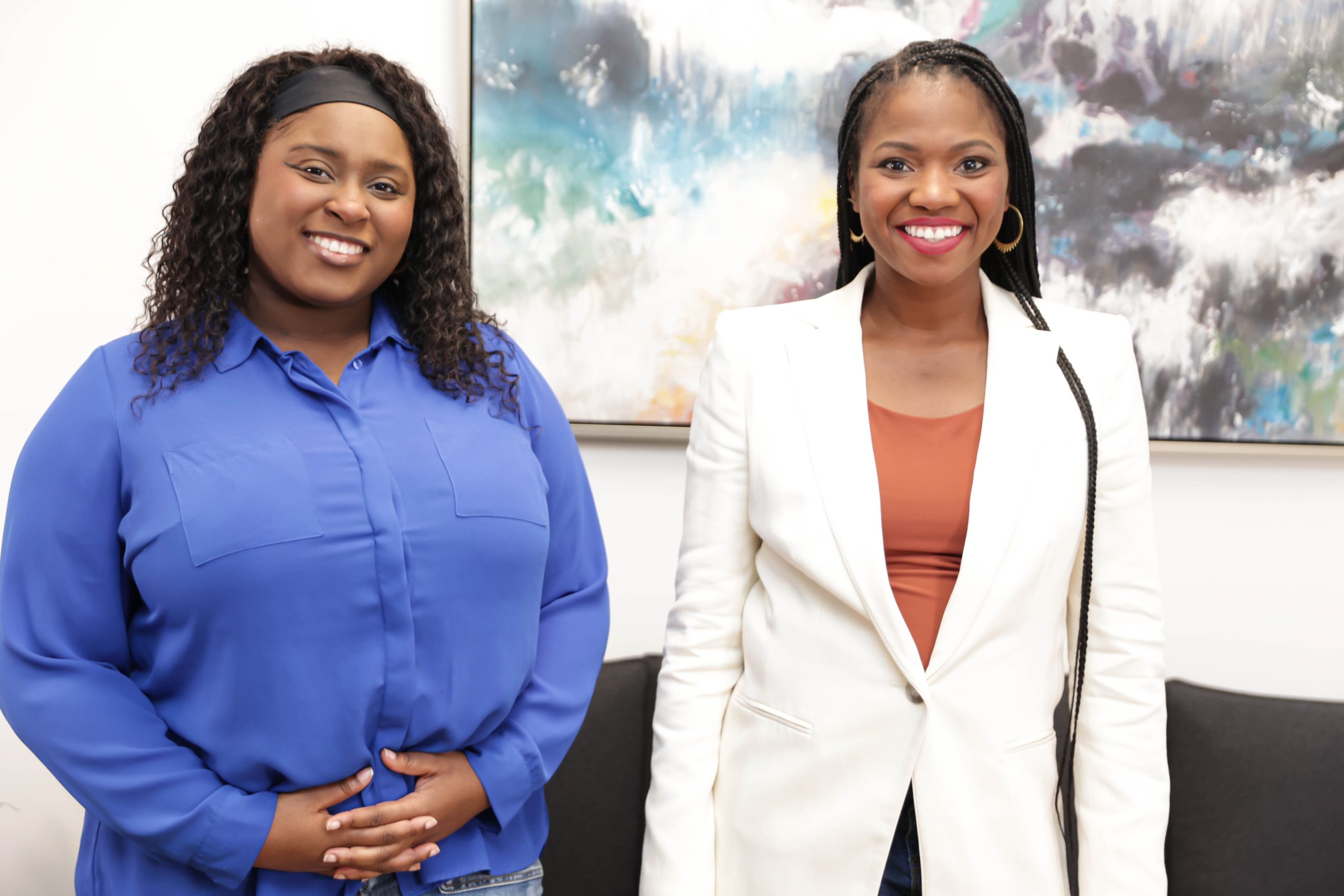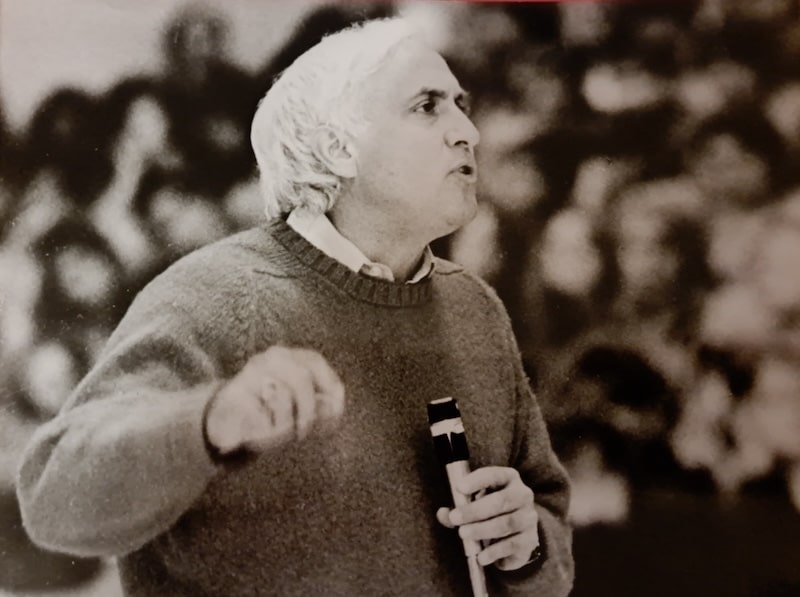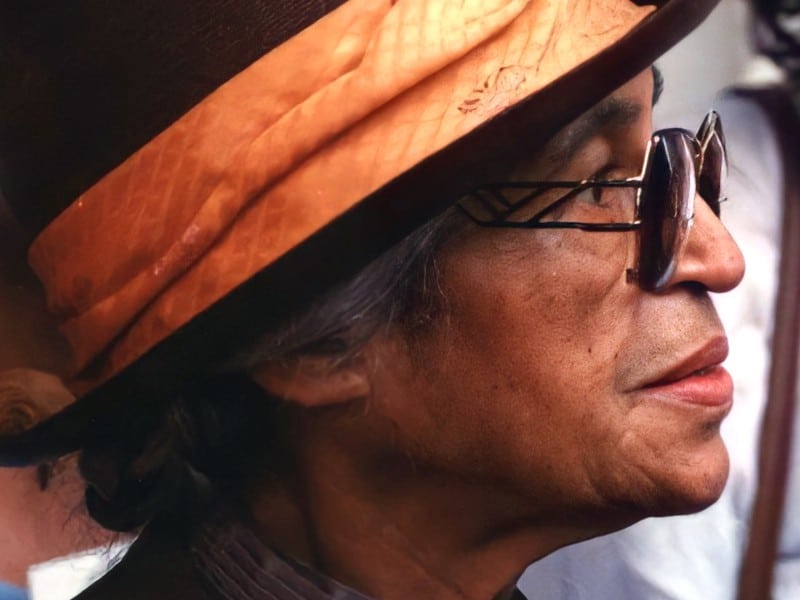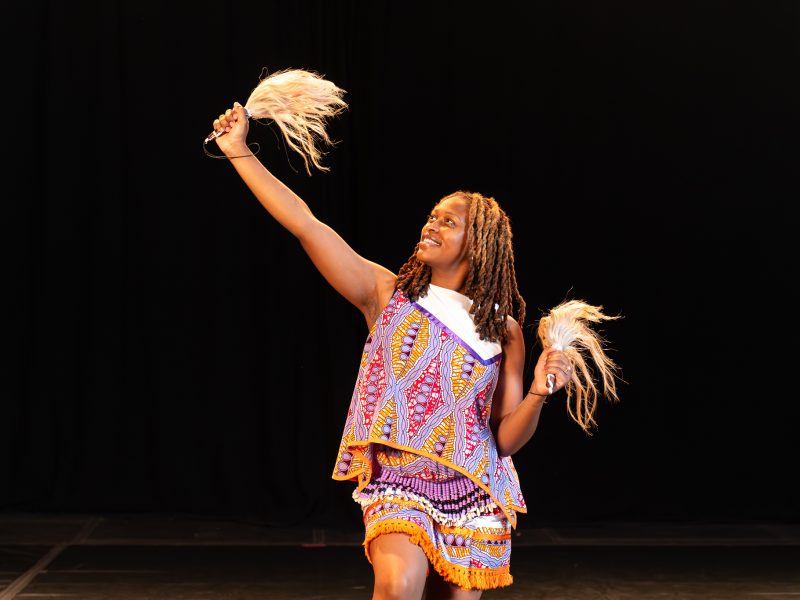Owning a home is a huge part of the American Dream for those that call Michigan home. It is also one of the keys to building wealth, which many Black families have learned and now strive for.
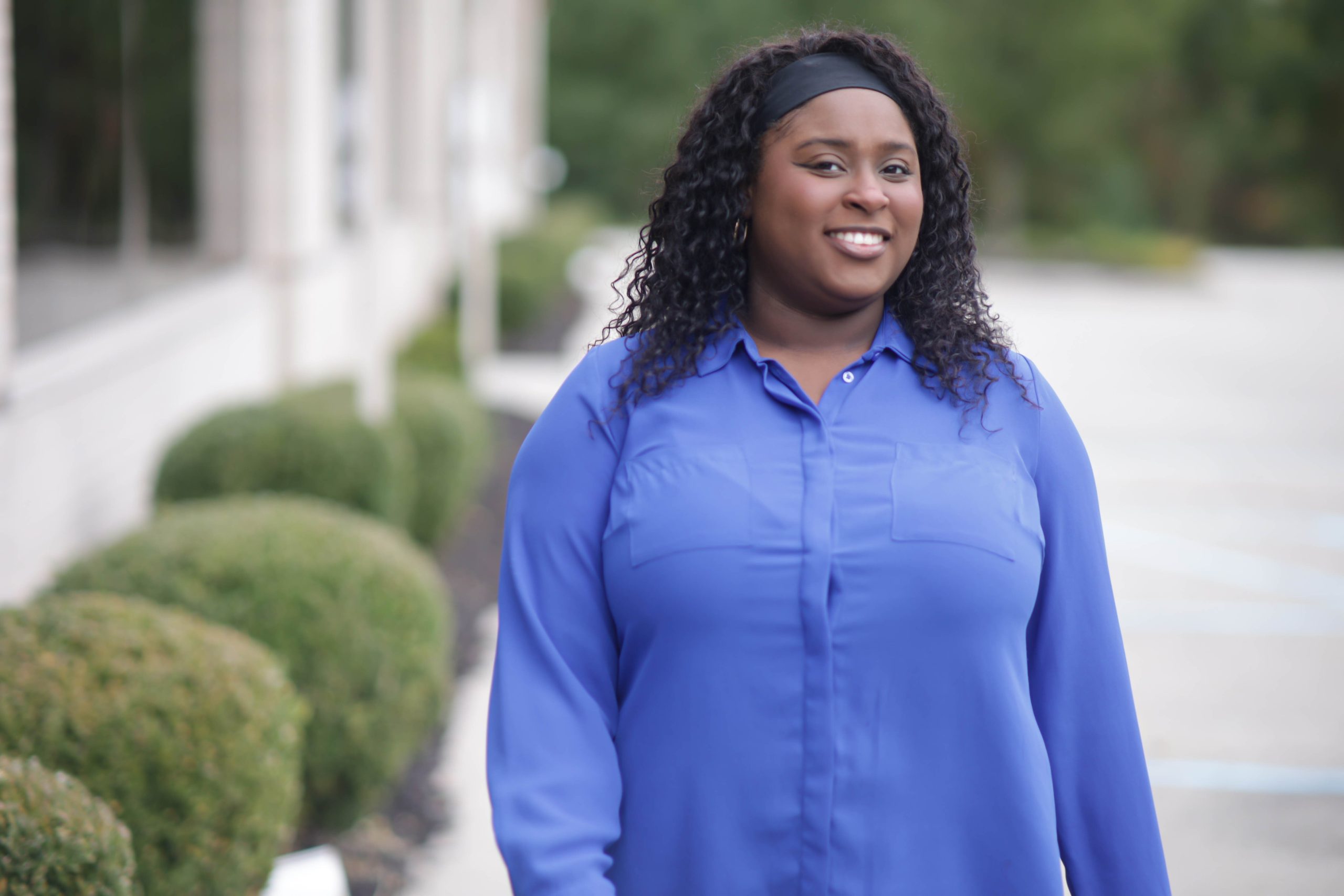
This past summer, Nicole Staten, a college-educated, full-time employee and entrepreneur, had a goal of buying her first home in Grand Rapids, Michigan. She was motivated, worked hard to get in position, and was ready to move out of her family’s home and into her own place.
“I have been thinking about becoming a homeowner for the past year,” Staten says. “Then I started making steps to see what’s out there. I didn’t see any harm with that. I wanted to see about getting a duplex — what type of options that were in the Grand Rapids area and what I might qualify for.”
Staten reached out to realtor Sherlynn Jame to inquire about purchasing her first home. James has served on her fair share of committees and boards all related to housing since 2018. In 2020, she helped create a diversity and equity program with a focus on housing and inclusion. This became a three-part course that’s designed to better help realtors, title companies, lenders, and others on how they can be better equipped to serve all clients.
“Diversity — every company says it. They have a statement on it. They make a social media post on it,” James says. “But what are they actually doing to back it up? What are they actually doing to make sure their company is belonging? We can say we want more people of color to own homes, but if we don’t actually train the people to help make this happen, there will be a disconnect.”
Unlike some realtors, James works with her clients for months — even years — to help them pay off bills and boost credit scores as they navigate the forever-changing, complicated loan application and home buying process. Her goal is to help prepare her clients for the day they sign their closing papers on their home purchase.
In August 2023, Staten connected with James, and they began talks about Staten buying her first home. Staten thought it would be good to see what she could get qualified for. She wanted to explore the idea of buying a duplex so she could live in one side and rent out the other for passive income. James later approached Staten and shared information with her on some of the first-time home buying options she was familiar with. Staten thought it was worth exploring with the hopes that she might qualify for support. The two agreed it was a good idea to take a look and talk further.
“I’d been saving money, and, in August, Sherlynn told me about the FHA’s first-time homeowner assistance program. I thought I might be able to get help with the down payment,” Staten says.
Staten had money saved up, a full-time job, applied for down-payment assistance, and improved her credit score to make sure she was ready. With all of this, one would think she couldn’t lose.
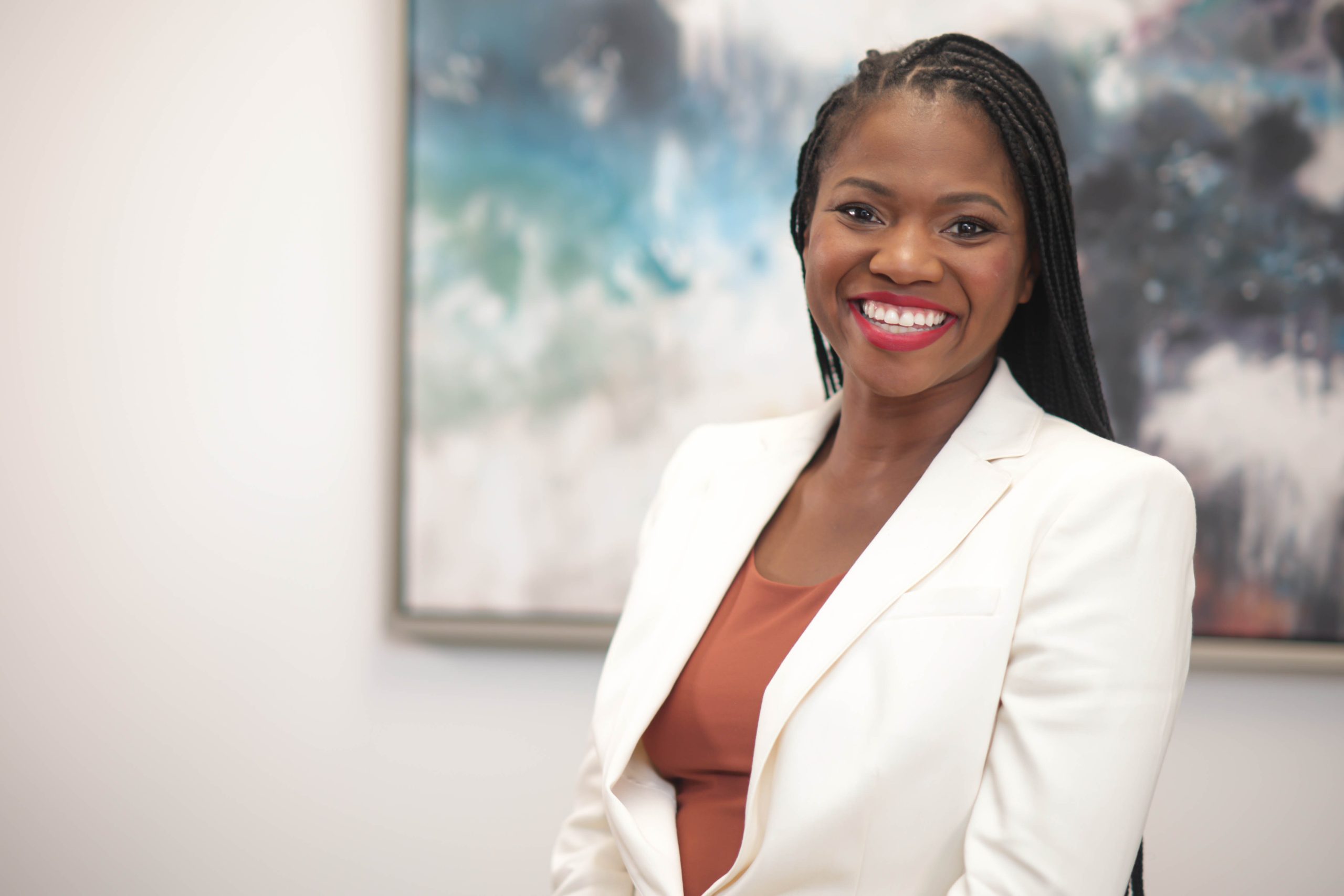
After some hesitation, Staten decided to meet with a loan officer. She submitted her application and hoped for the best. She says she was told that, even with everything in order, she still didn’t qualify to purchase her first home. She pushed back on the financial institution to learn more, and she was told it was her student loans that were the problem. Staten says her student loans make up a very small part of her debt-to-income ratio meaning she’d still be able to afford a home even with the loan payment.
“I was just told no. They didn’t give me any details,” Staten says. “I really enjoy feedback. If there is something that I can do better, I would have really appreciated it if they could’ve told me, ‘Here are some things you can work on to get closer to your goals.’ If you tell me, we’re not there, but here’s what you need to do to get there, that’s one thing that I can use to begin working towards it.”
Pilot program making home ownership possible
Federal Home Loan Bank Indianapolis (FHLBank) piloted the HomeBoost Minority Down Payment Assistance Program in September 2023. It provided $15,000 in down payment assistance grant funding to first-time homebuyers who identify as Black or African American, Asian, Hispanic, Indian American or Alaska Native, and/or Native Hawaiian or Other Pacific Islander; have a household income at or below 120% of the local Area Median Income; and intend to purchase a primary residence in Indiana or Michigan.

“As noted by HUD’s Office of Fair Housing and Equal Opportunity report on Dec. 7, 2021, ‘the Black-White homeownership gap is wider today than it was in 1968 when the Fair Housing Act became law.’ Our district of Indiana and Michigan is no different than the national trend,” says Anna Shires, FHLBank VP, community investment outreach partner. “According to the National Association of Realtors, there was a 38% gap between white and black homeownership in our two district states in 2020.”
Because FHLBank Indianapolis is cooperatively owned by financial institutions who originate mortgages to first-time home buyers, Shire and her colleagues there want to work with its members to help more households obtain the dream of homeownership.
“We understand that down payment assistance alone will not fix the racial homeownership gap, but we are excited to provide a tool for eligible households to get one step closer in buying their first home,” Shires says.
Barely two months after launching the pilot round, the HomeBoost program exhausted the $2.5 million in dedicated funds. With $15,000 available per household, more than 160 individuals/families across the state of Michigan and Indiana will achieve the dream of homeownership with HomeBoost support.
“FHLBank dollars are often used alongside state housing finance agency, municipal, and federal government dollars,” Shires says. “We encourage minority home buyers and our financial institution members to identify all of the resources available and combine them for use when possible.”
FHLBank will begin evaluating the pilot in the near future, and will launch another round in 2024 if the evaluation supports it.
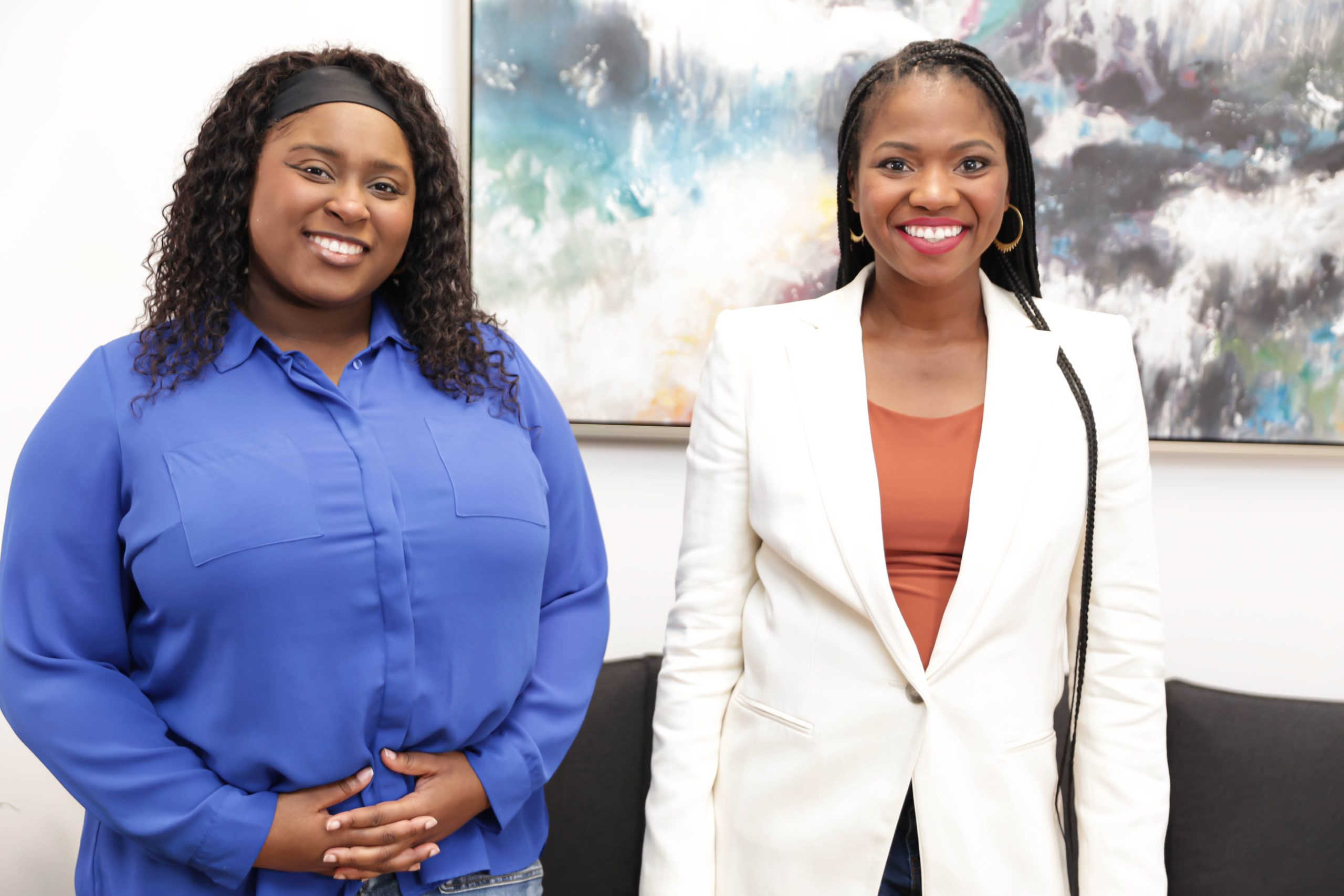
Home ownership builds generational wealth
Owning a home is a huge part of the American Dream for those that call Michigan home. It is also one of the keys to building wealth, which many Black, Latinx, and Indigenous families have learned and now strive for. Staten’s journey (and struggles) to owning a home is a story that Black Americans know far too well.
Over the last 15 years, Black homeownership has declined more than any other race or ethnic group in the United States. In 2019, the Black homeownership rate was about as low as it was in the 1960s, when racial discrimination was considered legal. According to the National Association of Realtors, in 2020, homeownership among white Michigan residents was at 80%. Homeownership for Black Michigan residents is only 42%.
The challenges that Black people have faced with homeownership in America is nothing new. From redlining back in the 1930s to today, many Black families still struggle to make the American Dream a reality when it comes to home ownership. Many of the very same neighborhoods that were once redlined back in the 1930s continue to have high poverty rates today. Also, Black families are nearly five times more likely to own a home in a former redlined area versus buying their home in a more desirable greenlined area. This leads to accruing less equity in the home for Black families when compared to that of white families.
After seeing Staten get denied even though she did everything right, James has started thinking twice on how she prepares Black, Latinx, and Indigenous business owners for the home buying process.
“I’ve been working with Nicole for years to get her to come to that point. And then she got denied and wasn’t told exactly why,” James says. “So, what I learned from that situation is I also have to safeguard who I send my entrepreneurs to. That professional, the loan officer, also has to have the knowledge and the wherewithal to know how to encourage them through the process. You can’t just say no and move on. They’ve already overcome so many obstacles to get here. So you need to give them grace. You need to educate, equip, and encourage them.”
Today, Staten is still in search for her first home and the right lending institution that can assist her with her home buying process. Hopefully, with the increasing awareness of how institutional racism prevents Black, Latinx, and Indigenous Michiganders from making the dream of home ownership come true — and programs like FHLBank’s HomeBoost Minority Down Payment Assistance Program — she and others will realize the dream of owning their own home.
Kris Mathis is a speaker, author, business coach, and serial entrepreneur. Learn more about him at KrisMathis.com.
Estelle Slootmaker, project editor for Block by Block, contributed to this story. Contact her at Estelle.Slootmaker@gmail.com.
Photos by Stephen Smith.
FHLBank photo courtesy FHLBank.
This article is part of the Block by Block series, supported by FHLBank Indianapolis, and CEDAM, which follows small-scale minority-driven development and affordable housing issues in the state of Michigan.
